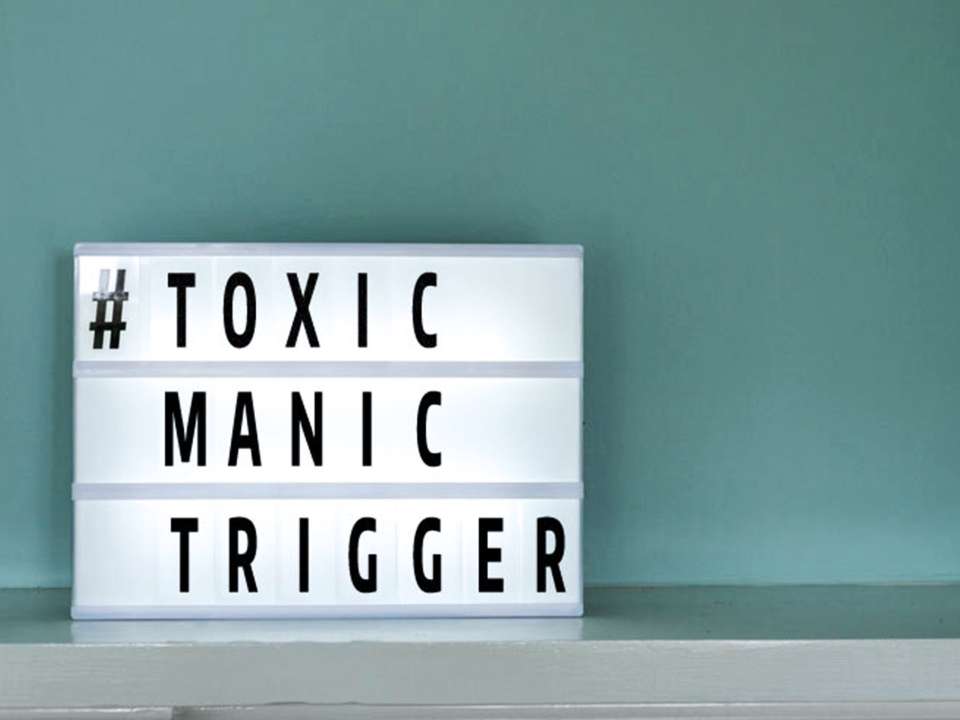
Do you leave work each day feeling like you didn’t get anything done, or have regular nightmares about missing deadlines? You aren’t alone: A 2016 Work and Wellbeing survey from the American Psychological Association found that one in three employees feels chronically stressed about their job.
Taking a mental health day to relax and recalibrate can help lessen work-related stress, says Patricia Areán, Ph.D., professor of psychiatry and behavioral sciences at the University of Washington.
So, how do you know if you need a day off? Read the statements below and make note of how many you agree with.
You Might Need a Mental Health Day If…
- You have trouble concentrating at work and haven’t been as productive as usual.
- You can’t let work stress go once you get home and it interferes with your relationships.
- You check work email regularly at home or on vacation and think about work when you should be doing other things—like sleeping.
- You are so busy at work you neglect important tasks in your personal life and feel like you need a day to get back on track.
The bottom line? “If you’re feeling so fried you can’t do your job, coming in to work and doing it poorly isn’t in anyone’s best interest,” Areán says.
How to Take a Mental Health Day
Mental health days made the news recently when an employee who took one shared her boss' supportive response in a tweet that went viral. In reality, though, most of us won’t receive positive reinforcement from thousands of people online when we call in sick.
Stigma and fear of negative consequences can keep people from talking openly at work about mental health. The 2016 Work and Wellbeing survey found that most people don’t think well-being is considered a priority at their workplace.
If you aren’t comfortable divulging the state of your mental health when you call in sick, keep your message general and just say you aren’t feeling well, says Areán.
If You Can’t Take a Day Off, Take a Moment (or Two)
What if you can’t take a mental health day but are still feeling overwhelmed? Try taking a few moments during the day to decompress, Areán says. She admires countries like Australia that schedule short breaks into the workday.
“They take 10 or 15 minute breaks, just enough to socialize or get something to drink, decompress, gather their thoughts,” she says. “I’d love it if our culture could adopt that.”
The next time you feel tense at work, find a free moment. Go for a short walk or grab a cup of coffee. Walk up and down the stairs if you feel restless. Download a guided meditation app if you need a few minutes of Zen.
When Not to Take a Mental Health Day
As helpful as a mental health day can be, timing is key. Taking a day off during a major project or on the day of an important meeting won’t score you any points with your boss or co-workers.
It’s also important to make sure your desire for a break isn’t avoidance.
“Do a gut check and ask yourself: Am I taking care of myself because I am overwhelmed? Or because I don’t want to do this?” Areán says.
Always Overwhelmed?
Taking a mental health day here and there is understandable, but if you feel stressed out all the time, consider talking with your doctor. Needing frequent breaks isn’t focusing on your mental health—it could be depression or anxiety, says Areán.
“The main distinguisher for me is how much is your stress and anxiety getting in the way of things you want to do or enjoy doing?” she says.
Make an appointment sooner rather than later, Areán recommends. Your primary care provider is a good place to start and can help you find the right treatment method, whether that is counseling, medication or a combination of both.

 Healthy ideas for your inbox
Healthy ideas for your inbox





